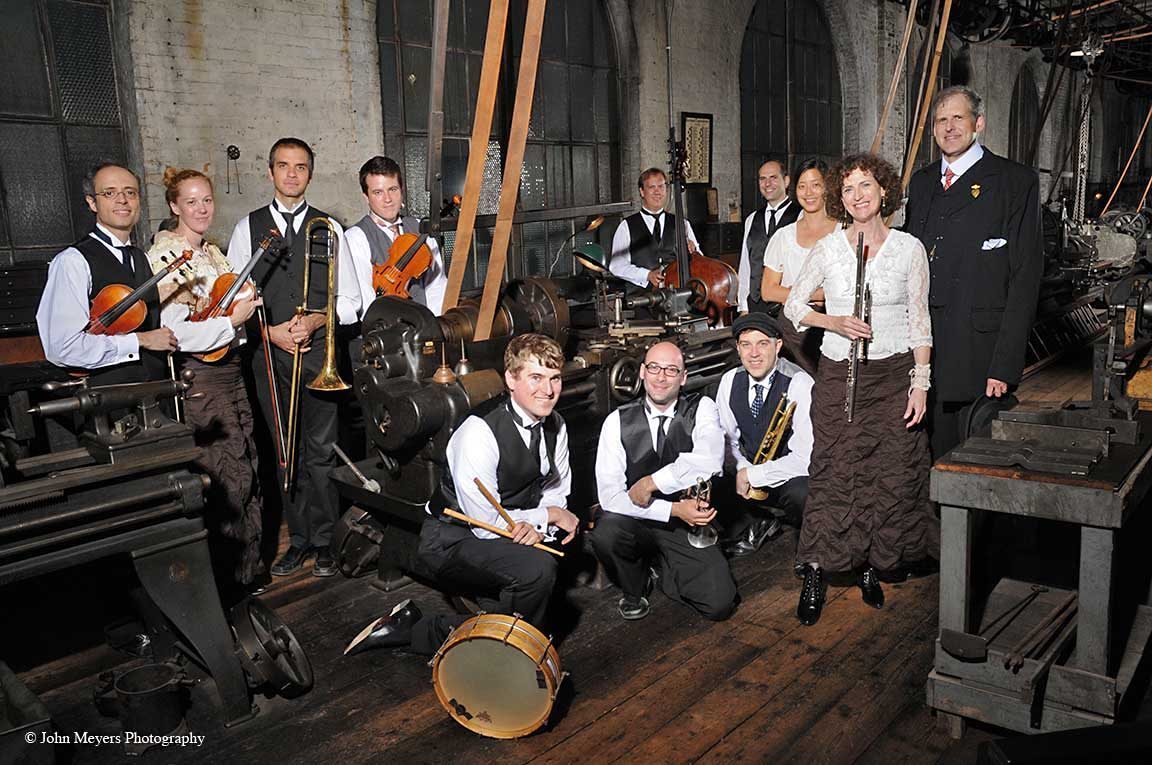New Release: Paragon Ragtime Orchestra’s “Black Manhattan, Vol. 3”
Today, Rick Benjamin and the Paragon Ragtime Orchestra release their newest album, Black Manhattan, Vol. 3. The recording brings to life some extraordinary and long-neglected music by African-American composers active in New York around the turn of the twentieth century. Benjamin writes, The inspiration for this effort came about twenty-five years ago, when I read James Weldon Johnson’s Black Manhattan (1930), a fascinating chronicle of the city’s black artistic life from the Victorian era to the …







